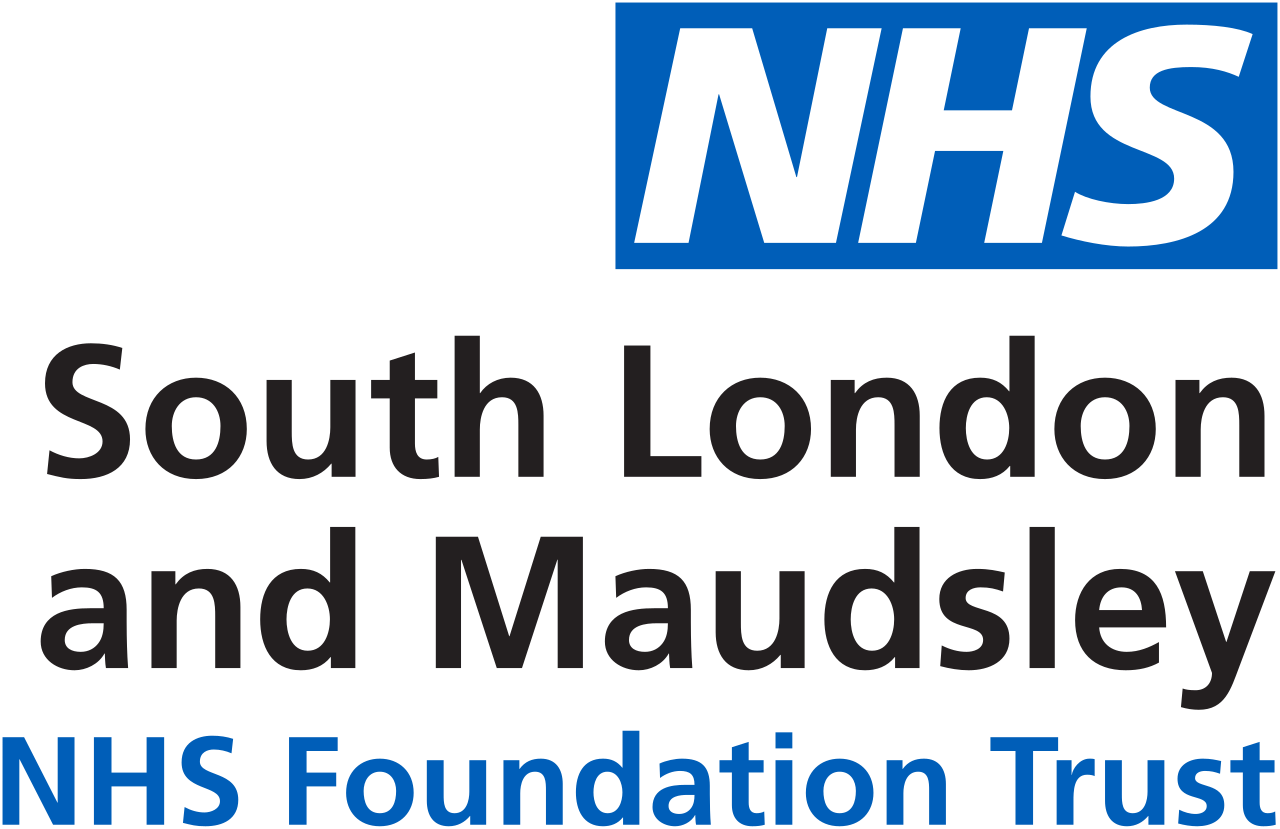Real-time functional magnetic resonance imaging neurofeedback (FMRI-NF) in ADHD adolescents. | C4C
The current research will pilot a new treatment for ADHD, where children with ADHD will learn to self-regulate their own brain activation using Neurofeedback with functional magnetic resonance imaging (fMRI-NF) in a playful way, while playing a computer game that is connected to their brain activity. This method has been shown to be successful using a more basic imaging technique, electrophysiology (called EEG-NF), with similar effect sizes as for stimulant medication (Arns et al., 2010), but we expect that fMRI-NF will have better effects since the FMRI imaging technique has a far better spatial resolution and will be better able to target the key regions that are abnormal in ADHD children. This novel treatment, if successful, will benefit ADHD children as it would provide patients with a new treatment that has no side effects and that has so far been shown to have long-lasting effects, which is not the case with stimulant medication. Therefore, we expect that this research will lead to the development of a novel side-effect free neuroimaging-based treatment for ADHD which is based on learning to self-control brain function and is expected to significantly improve ADHD symptoms and therefore ease the suffering of the affected children with the disorder.

